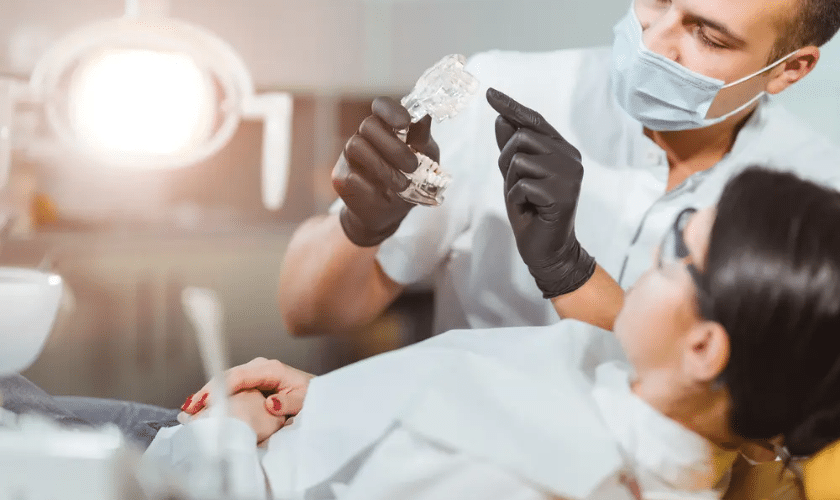General dentistry often faces a cloud of myths and misconceptions. Many of these myths can shape our views and actions, sometimes keeping us from seeking necessary care. It’s time to clear the air and understand the truth. One common misconception is that general dentists only perform cleanings and fillings. In reality, they offer a wide range of services, from preventive care to minor surgeries. Another myth is that dental visits are always painful. With modern techniques, discomfort is minimal. Finally, some believe that dental health doesn’t impact overall health. However, oral health is linked closely to conditions like heart disease. By understanding these facts, we can make informed decisions about our dental care. For instance, a Livonia dentist can provide comprehensive care that goes beyond just the basics. Let’s explore these myths further and gain a clearer perspective on the vital role of general dentistry in our lives.
Myth 1: General Dentists Only Do Cleanings and Fillings
Many people think general dentists are limited to basic procedures like cleanings and fillings. This belief underestimates the skills and services offered by these professionals. General dentists provide a comprehensive range of services, including:
- Preventive care such as regular check-ups and x-rays
- Restorative procedures like crowns and bridges
- Minor surgeries, including tooth extractions
General dentists are also trained to identify and treat early signs of oral health issues. This broad scope of practice ensures that patients receive thorough care tailored to their needs. For more details about dental services, visit the National Institute of Dental and Craniofacial Research.
Myth 2: Dental Visits Are Always Painful
The fear of pain keeps many from visiting the dentist. Yet, advances in dental technology and anesthesia have significantly reduced discomfort during procedures. Today, dentists use techniques designed to enhance patient comfort, such as:
| Technique | Benefit |
|---|---|
| Local Anesthesia | Numbs the specific area being treated |
| Laser Dentistry | Minimizes bleeding and pain |
| Digital Impressions | Provides accurate molds without discomfort |
These innovations help ensure that dental visits are as comfortable and stress-free as possible. Understanding these advancements can ease anxiety, making it easier to prioritize dental health.

Myth 3: Dental Health Doesn’t Affect Overall Health
Some people separate dental health from overall health. However, research shows a strong connection between oral health and systemic conditions like heart disease and diabetes. The Centers for Disease Control and Prevention (CDC) highlights this link, stressing the importance of maintaining oral hygiene to prevent broader health issues.
Inflammation caused by gum disease can contribute to heart problems. Similarly, poor oral health can make it harder to control blood sugar in diabetics. By keeping our mouths healthy, we support our overall well-being. This understanding encourages regular visits to the dentist, which in turn, can lead to a healthier life.
Myth 4: Brushing Harder Cleans Better
While brushing is vital for oral health, brushing too hard can harm gums and enamel. Effective brushing focuses on technique rather than force. Dentists recommend using a soft-bristled toothbrush and gentle, circular motions to clean teeth without causing damage.
Regular brushing twice a day and flossing daily are key components of maintaining oral health. This approach helps prevent plaque buildup and promotes healthier gums. For more brushing tips, consult your dentist or visit official health websites.
Conclusion
Debunking these myths about general dentistry helps us appreciate the true scope and importance of dental care. General dentists provide a wide range of services that go beyond just cleanings and fillings. Modern techniques have made visits less painful, encouraging regular check-ups. By recognizing the link between oral and overall health, we can support our well-being through proper dental care. Understanding these truths empowers us to make informed choices about our dental health, ultimately leading to a happier and healthier life.
 Living With Healthy Hunger Health Blog
Living With Healthy Hunger Health Blog

